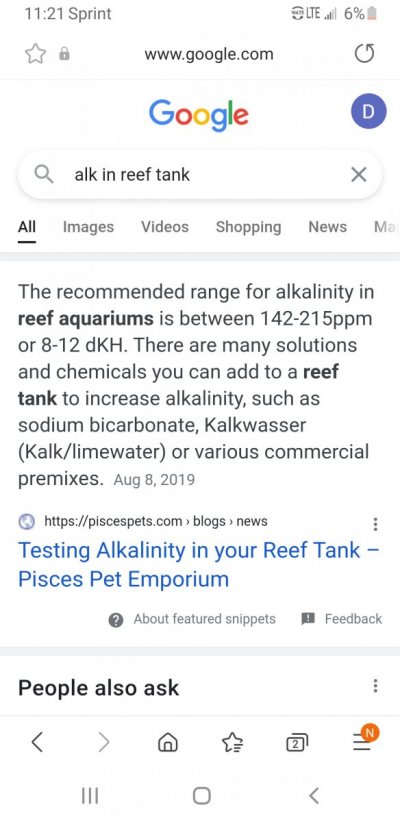Looking for thoughts on if there is an optimal alkalinity level for a mixed reef.
BRS states that they believe 9.0 to be an optimal level.
For euphyllia, some of my suppliers like 7.5 to 8.
In your experience what level seems to work the best in your setup?
I have been targeting 9.0 based on BRS's input.
Thanks
BRS states that they believe 9.0 to be an optimal level.
For euphyllia, some of my suppliers like 7.5 to 8.
In your experience what level seems to work the best in your setup?
I have been targeting 9.0 based on BRS's input.
Thanks


















